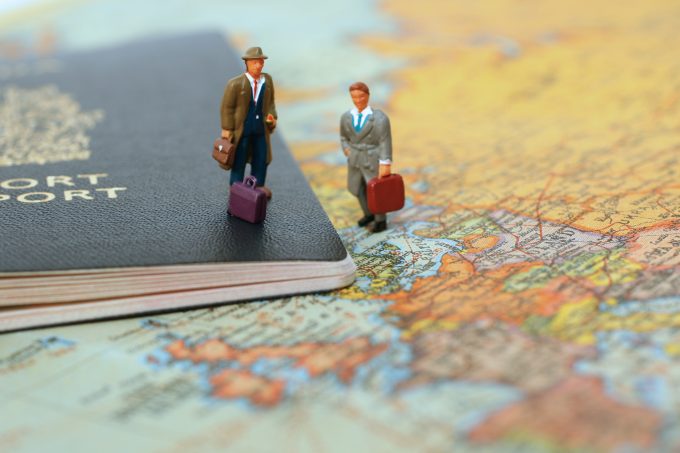Surprise meets Virgin Atlantic Cargo's 'bizarre' daily cargo flight to Brussels
Today’s decision by Virgin Atlantic Cargo to put on daily widebody cargo–only flights between London ...
AAPL: SHIFTING PRODUCTIONUPS: GIVING UP KNIN: INDIA FOCUSXOM: ANOTHER WARNING VW: GROWING STRESSBA: OVERSUBSCRIBED AND UPSIZEDF: PRESSED ON INVENTORY TRENDSF: INVENTORY ON THE RADARF: CEO ON RECORD BA: CAPITAL RAISING EXERCISEXPO: SAIA BOOSTDSV: UPGRADEBA: ANOTHER JUMBO FUNDRAISINGXPO: SAIA READ-ACROSSHLAG: BOUYANT BUSINESS
AAPL: SHIFTING PRODUCTIONUPS: GIVING UP KNIN: INDIA FOCUSXOM: ANOTHER WARNING VW: GROWING STRESSBA: OVERSUBSCRIBED AND UPSIZEDF: PRESSED ON INVENTORY TRENDSF: INVENTORY ON THE RADARF: CEO ON RECORD BA: CAPITAL RAISING EXERCISEXPO: SAIA BOOSTDSV: UPGRADEBA: ANOTHER JUMBO FUNDRAISINGXPO: SAIA READ-ACROSSHLAG: BOUYANT BUSINESS

The UK’s decision to leave the European Union could result in a surge of intercontinental cargo movements for the country’s freight forwarding industry.
John Manners-Bell, chief executive of logistics consultancy Transport Intelligence, admitted to delegates at the International Materials Handling Exhibition in Birmingham this week that “if there’s going to be a detrimental impact on the UK economy, this would mean diminished growth prospects for the UK logistics industry.
“However, for freight forwarders, Brexit will add layers of complexity to supply chains and create a greater focus on international routes.
“It will quite possibly boost exports, lead to more reefer services and create more demand for port- and airport-centric distribution, as there will be a migration of some pan-European supply chains to intercontinental supply chains,” he said.
However, the economic impact of the Brexit votes remains unclear, as does Britain’s future relationship with Europe.
Three different possible scenarios are on the table: the Norwegian model of European Economic Association membership; a free-trade deal with the EU without tariffs on goods and services; and a similar deal based on the WTO, which Prof Manners-Bell described as the “default setting”.
“It is the way the UK trades with every other country except the EU, and goods are subject to a certain level of tariffs. All three scenarios have implications for supply chains,” he said.
The industry likely to be most affected by the vote would be agriculture, he said, with imports accounting for around 40% of the UK’s food consumption.
“We are likely to see some very significant changes in this area, largely because many products we currently import from the EU under the Common Agricultural Policy are much cheaper in the global market. I would expect to see, for example, far more grain from the US being imported, which will mean more volumes for shipping lines and more reefer and perishable cargo.
“We are also likely to see more intensive logistics because the journeys are going to be longer and will require more organisation by freight forwarders,” he added.
However, he also warned that cross-Channel ferry freight movements could decline as a result.
Another sector likely to see significant change is automotive, which currently sees the UK running a £10bn annual trade deficit with EU trading partners, despite the fact that the UK exports some 70% of its production.
How this changes will largely depend on future tariff structure, said Prof Manners-Bell.
“In my mind, any future trade agreement would be tariff-free for automotive goods – it’s in German carmakers’ interests to retain the status quo– in fact, it’s in no one’s interest to have tariffs imposed.”
Currently some 30% of the UK’s automotive imports – mostly components – come from outside the EU and he claimed that the biggest challenge post-Brexit would be just-in-time movements.
Another area likely to see a big change will be customs: “I just cannot see the UK remaining part of the customs union without being part of the EU; it just doesn’t make sense,” he said.
Comment on this article